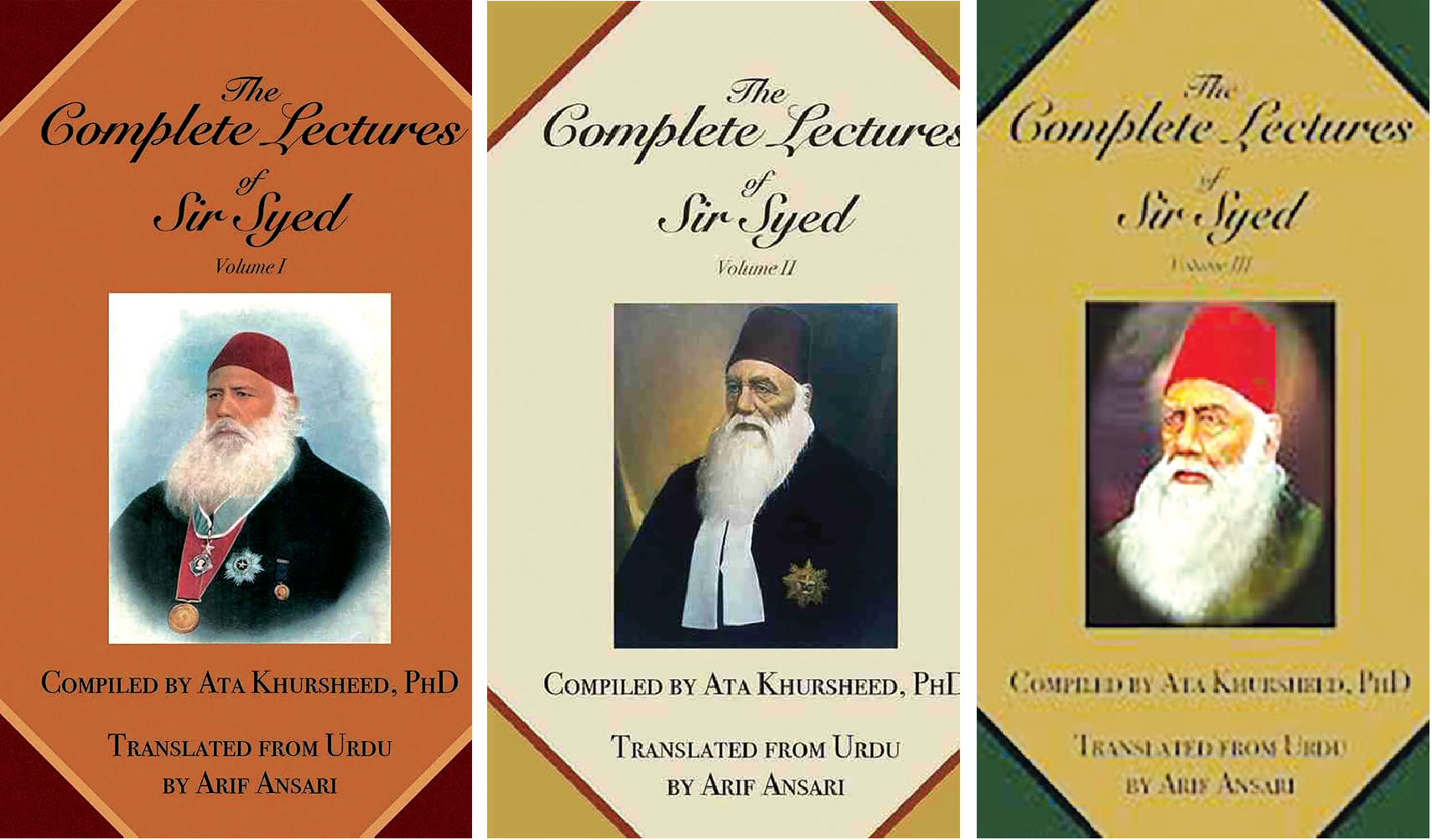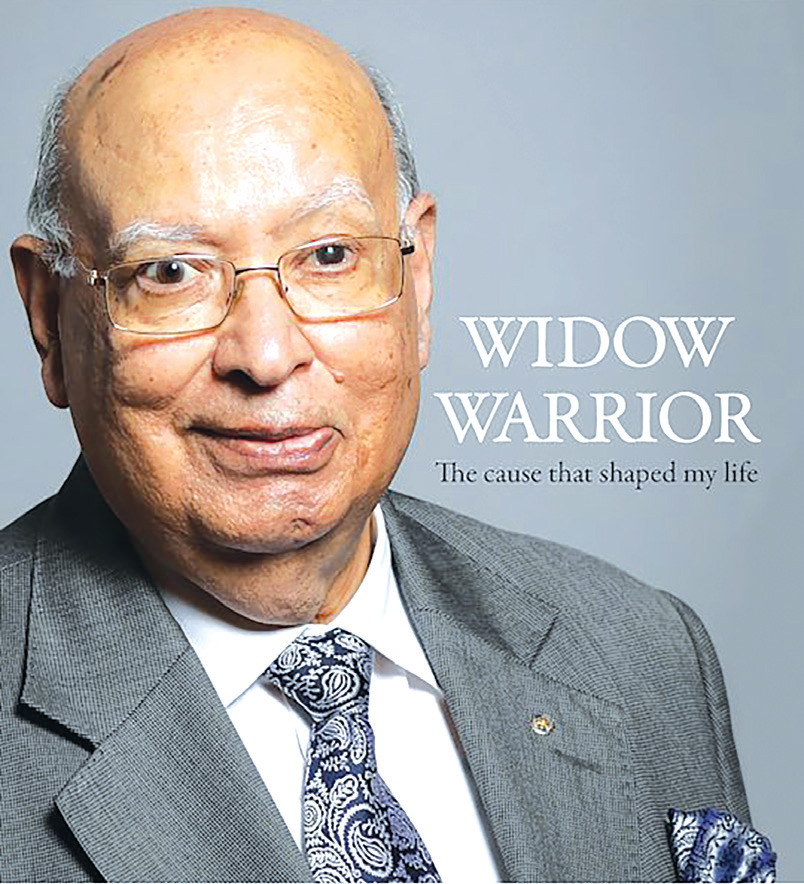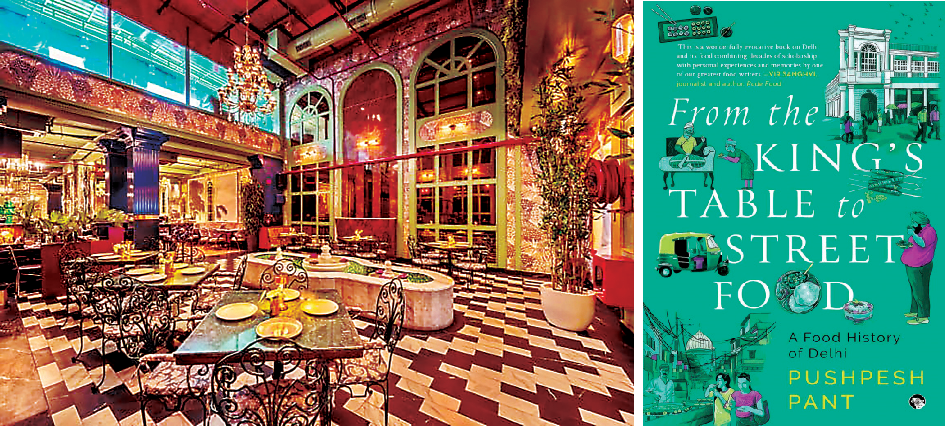
An Educationist Who Shaped the Future of a Community
Educationist Sir Syed Ahmed Khan felt no qualms in borrowing from the British empire its vision on education and empowerment
Sir Syed Ahmed Khan (1817-1898), founder of the Muhammedan Anglo-Oriental (MAO) College, the predecessor of the Aligarh Muslim University, was a restless soul. A keen observer of the changing paradigm of political structure following the 1857 mutiny and decimation of the Mughal rule in Delhi, he realised that return to old mode of education and ways of livelihood was an impossibility. Embracing change was the only way forward. He began to exhort Muslims to shun the old, introspect, look at the new realities, explore avenues for accessing founts of modern knowledge that would earn them dignity, power, position, courage and excellence in the altered context. The Complete Lectures of Sir Syed, volume I to III run into over a thousand pages. The original lectures in Urdu were compiled by Dr. Ata Khursheed, Librarian at the Maulana Azad Library at the Aligarh Muslim University (AMU) a few years ago. It was titled Kulliyat e Khutbat e Sir Syed. He painstakingly collected scripts or reports pertaining to around 202 of these lectures from a variety of publications in Aligarh, Agra, Delhi, Hyderabad and several other cities.
Arif Ansari, an alumnus of the AMU and engineer based in Bethesda, Maryland, has translated them into English while the Notion Press has published them. Sir Syed’s mission began in 1859 while he held the post of sadras sudoor, a high-ranking position in district level courts under the British government. His book Asbab Baghawat e Hind was critique of the catastrophe that befell Muslims. He was an ardent believer in rationalism and wanted the community to be educated in a way that it could extricate itself from romanticisation of the past, analyse the present and tackle the challenges of the modern world. Given the Muslims’ animosity towards the British and their way of life prior to and after 1857 revolt, Sir Syed dreaded the prospect of Muslims getting marginalised due to their distance from modern education and manners. This prompted him to show extreme loyalty to the British in order to earn their goodwill and help in promoting education among Muslims. He set up the Panchayati Madrassa or Public School in Moradabad in 1859, which became the first rung of the ladder he continued to ascend during the latter half of life. Muhammedan Educational Conference; Scientific Society, Aligarh; MAO College at Aligarh; Tahzeebul Ikhlaq magazine and Aligarh Scientific Society Gazette followed. The text in simple English etches to broad relief the ideals that propelled Sir Ahmed Khan all through the four decades of a life of a dynamo. Sir Syed firmly believed that the progress of Muslims was contingent upon embracing the education which the imperial government was promoting. He therefore pleaded with his co-religionists and compatriots to shun religious prejudice which came in the way of learning English which was the medium of new knowledge. He would also refer to Persian language which was still the medium of learning for most Muslims and would tell them just as religious bias did not come in the way of learning Persian, so must be their attitude towards English which brings in modern knowledge. Similarly, if biases did not prevent the earliest Muslim societies to learn Medicine, Pythagoras and geometry from the Greeks, why should these hinder benefitting from the Western knowledge now.
Often these lectures, reported verbatim, call for translating English books into Urdu. He would not even spare making entreaties to British Saheb Bahdurs to be kind to the Muslim subjects and provide them all facilities to expand their educational institutions. He was also of the opinion that mere learning of English language may not be of great help. It may enable people to get menial jobs in the imperial government. He therefore advised them to learn English in order that access the wider corpus of knowledge that this language provided. His speeches at the annual sessions of the Muhammedan Educational Conference, held around the last week of December, dealt with emerging challenges the new mode of education was posing. There were youngmen who were inspired to follow his advice to sail to England to enrol in universities but returned with English wives, causing concern and distress to families not acquainted with the new ways of the world. He even debunks allegations of being opposed to women’s education made against him. He talks of promoting boarding houses together with educational institutions, setting up eateries at venues that hosted Muslim educational conferences in order that people buy their food rather than expecting them to be provided by the organisers. He even exhorts the community to think of setting up companies that consolidate businesses in place of individual trade. He was intensely concerned about preserving all the antique books, manuscripts, antiquities and all kinds of material that held mirror to the past. The book is a valuable and voluminous addition to corpus of literature documenting the life of Sir Syed Ahmed Khan, a man who was not merely an educationist, but a social reformer who saw the future which was shielded away by the from the eyes of bigoted leadership.
 English daily published in Bengaluru & Doha
English daily published in Bengaluru & Doha





